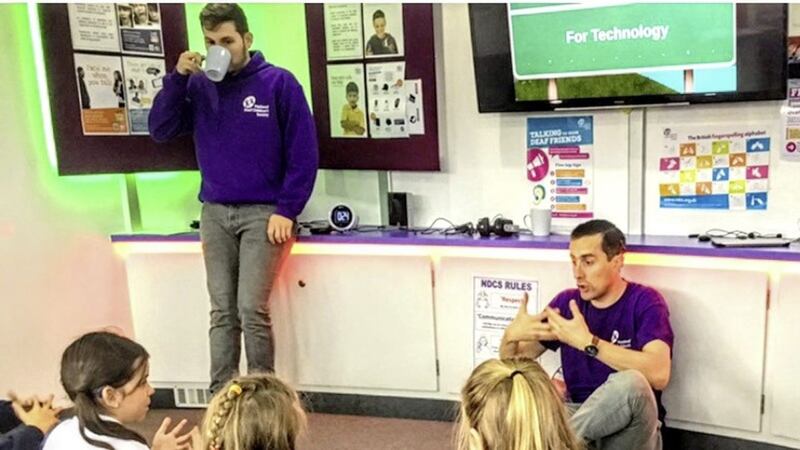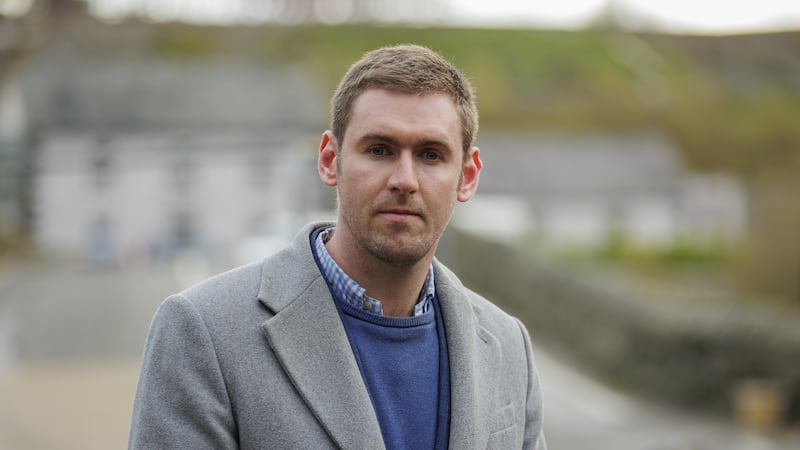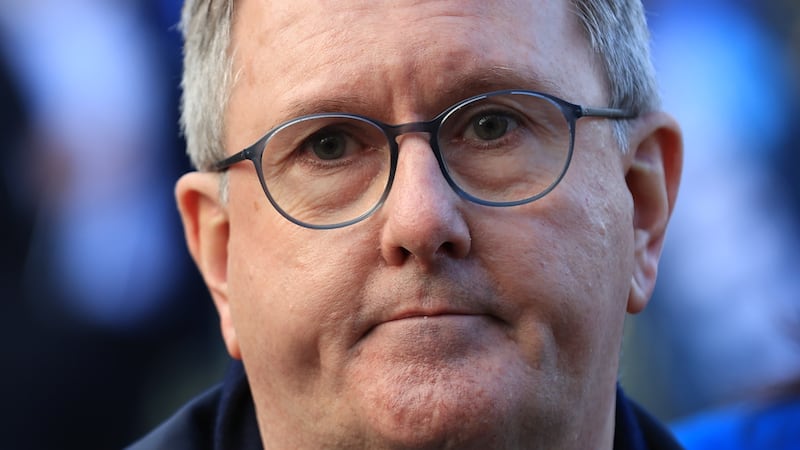MORE than half a million disabled young people are facing a 'double disadvantage' in securing new jobs post Covid, leading to calls for urgent action.
A group of organisations led by the National Deaf Children's Society has written to government ministers asking for changes to avoid a looming crisis for those aged 16 to 25 as they leave school and seek employment.
The nine groups warn that disabled people face "years of being left behind" if their needs are not met, but say amendments to the government's Plan for Jobs strategy could "unlock a generation of potential".
Without the changes, a double disadvantage of disability discrimination and a huge increase in competition for jobs could be created - leading to a significant risk of long-term unemployment.
Organisations signing the letter include Thomas Pocklington Trust, Disability Rights UK, Genius Within, Leonard Cheshire, the National Development Team for Inclusion, Natspec, the Institute for Employment Studies and the Council for Disabled Children.
Among eight suggested changes, they propose the expansion of the Kickstarter Scheme, careers advisors trained to work with disabled people and online job searching made more accessible.
They are also calling for the number of disability employment advisors to be doubled and the £1,000 incentive for businesses taking on apprentices to be extended to all disabled young people, rather than just those with education, health and care plans.
There are more than 500,000 disabled young people across the UK.
Five babies are born deaf every day.
Latest figures from last year showed a gap of almost 30 per cent between the employment rates of disabled and non-disabled people.
Research by the National Deaf Children’s Society’s Youth Advisory Board showed a lack of tailored advice for deaf young people and little support available when entering work.
Steve Haines, director of policy and campaigns at the National Deaf Children’s Society, said: "The government’s efforts to get young people into work are very promising, but we're extremely concerned that those who are disabled will still struggle to access jobs.
"They already battle discrimination throughout their lives and often find it harder to gain employment, so we cannot risk the gap getting any wider.
"The changes we’re proposing will mean the government can build on the progress it has already made and give every disabled young person the chance to show what they can do."








